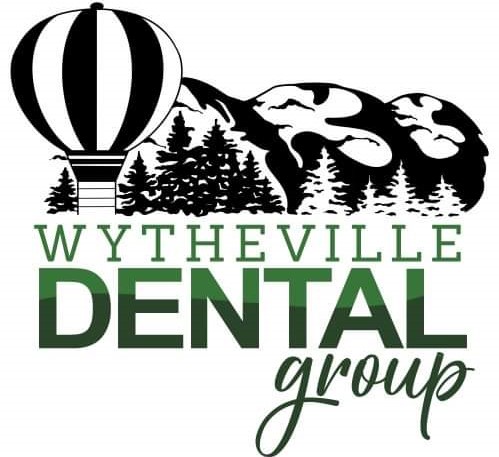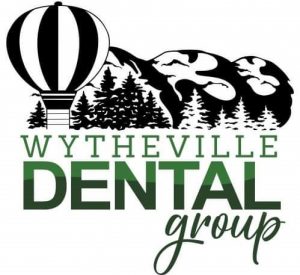Preventative Dental Care
Preventative dental care is essential to your physical health. You can care for your teeth in so many ways, including by paying attention to what you eat!
Hard candy
Hard candies are made to dissolve slowly in your mouth. This means your teeth experience long-term exposure to sugars and carbohydrates. The breakdown of these ingredients by bacteria and enzymes creates an acidic environment. You won’t necessarily notice the acid taste because of the sugar. Low pH is bad for your teeth because the acid can cause calcium loss and reduce bone density.
Sticky foods (dried fruit, gummy candy, toffee, etc.)
We know acid is bad for teeth. Sticking material to your teeth, that can create an acidic environment, is generally a bad idea. It gets worse when food is stuck on your teeth because that prevents saliva from accessing the area. Saliva has acid-neutralizing effects and when food is stuck to your teeth, it creates a local acid build-up that can damage tooth enamel.
Soda
Though we think of soda and carbonated beverages as sweet, carbonic acid is bad for your teeth. Don’t believe us? Take a coin or a nail and leave it in a glass of coke for a week. You’ll see some remarkable demineralization. If you do drink soda on a regular basis, at least drink some water afterward to rinse away some of the carbonic acid and sugar.
Lemons
You might think of lemons as sterilizing agents and, in part, that’s true. They’re excellent cleaning agents because they’re highly acidic and have a pH of about 4. Because of this strong acidity, they can also demineralize your teeth. Lemons have sugars, which means not only are you getting a hit of acid, but you’re getting fruit sugars that bacteria love. Now the strong acid probably helps kill the bacteria, but this means that low concentrations of lemon juice, like you, might find in lemonade, still have sugar and still help bacteria thrive.
Milk
Most people don’t realize that exposure to milk over a long period can damage teeth. You might have even thought that the calcium in it (and possibly vitamin D if it’s been fortified) will help bone density. You’re right about that, but the carbohydrates and natural sugars in milk create an environment in your mouth where bacteria thrive because carbohydrates are digested to sugars starting with enzymes in your saliva. Not many people know that enzymatic digestion begins in your mouth, but it does.
Good principles to prevent tooth decay, even if you enjoy high-risk foods, include regular brushing habits, regular visits to the dentist, and drinking lots of water after eating or drinking sugary foods. Preventative dental care is more than just what you eat, though. One of the most important routines is regular dental visits, including sealants when needed and regular cleanings. Contact us to schedule your next check-up!


